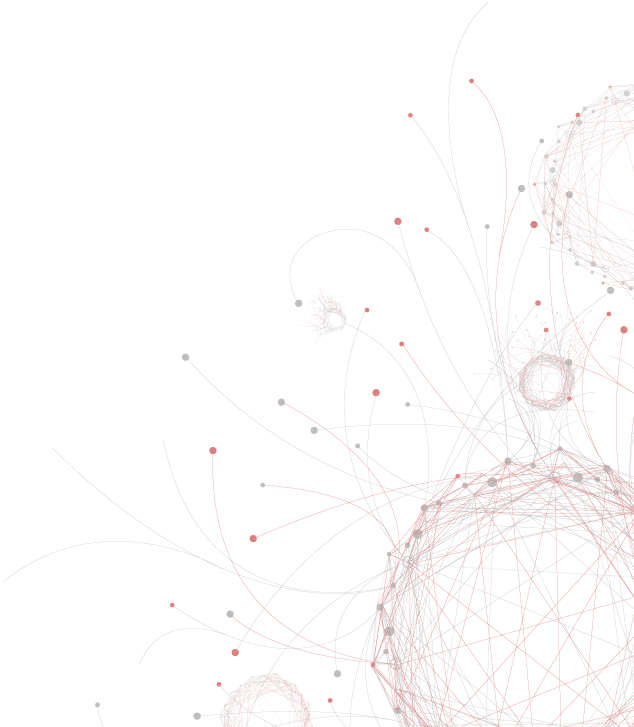This website is no longer updated and has been replaced with a static copy. The Spatial History Project was active at Stanford University from 2007-2022, engaging in dozens of collaborative projects led by faculty, staff, graduate students, post-docs, visiting scholars and others at Stanford and beyond. More than 150 undergraduate students from more than a dozen disciplines contributed to these projects. In addition to a robust intellectual exchange built through these partnerships, research outputs included major monographs, edited volumes, journal articles, museum exhibitions, digital articles, robust websites, and dozens of lightweight interactive visualizations, mostly developed with Adobe Flash (now defunct). While most of those publications live on in other forms, the content exclusive to this website is preserved in good faith through this static version of the site. Flash-based content is partially available in emulated form using the Ruffle emulator.
Spatial History and Genealogy of Desert Ant Colonies
Over the past 3 decades, Gordon has studied the behavior, demography and ecology of a population of about 300 harvester ant colonies in Arizona, using both field and laboratory experiments. This is the longest-running study monitoring any social insect population with long-lived colonies of known age. A colony is founded by a single queen and lives for 20-30 years. Because the ages of the colonies are known, the long-term study has made it possible to learn how colony behavior changes as the colony grows older and larger. The work has included studies of behavior, ecology, demography and chemical communication. Recent studies used genetic variation to identify the relation between parent and offspring colonies. This in turn made it possible to track how natural selection is shaping the collective regulation of foraging in this species. Visualization of the spatial history of this population will contribute to future demographic and ecological studies, and to genetic work examining the heritability of collective behavior from parent to offspring colonies.





